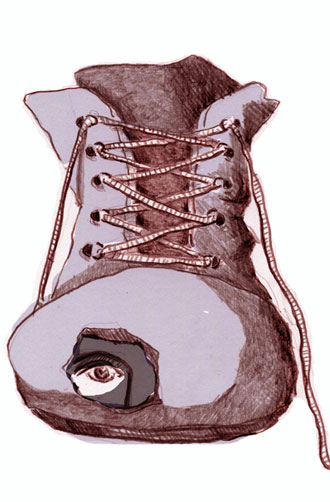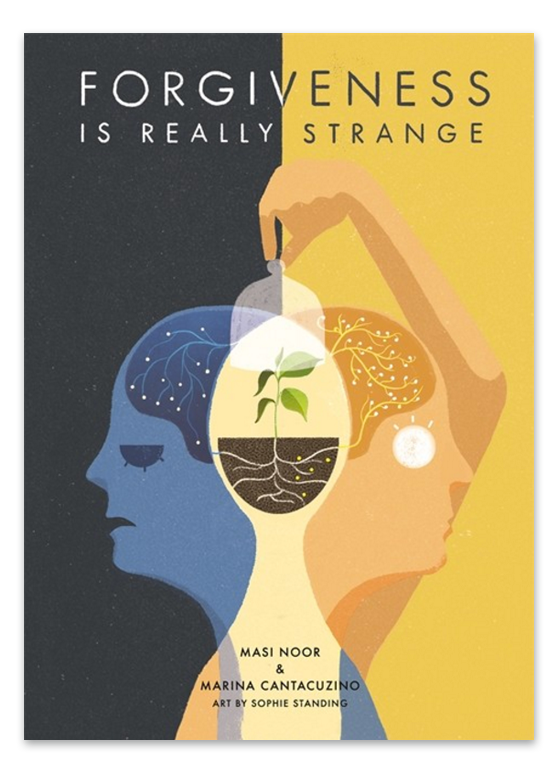Empathy:
The skill of putting oneself into someone else’s shoes without judgement
“You never really understand a person until you consider things from his point of view… Until you climb inside of his skin and walk around in it.”
Atticus in To Kill A Mocking Bird
Try on dirty, uncomfortable, new shoes.
Attempts to understand how the world is viewed by the adversary party might shed further light on what motivated them to cause the suffering. For example, the adversary party’s attacks on one’s child who serves in the military may be incomprehensible to the bereaved mother/father, especially because of the child’s best intentions and limited choice to avoid compulsory conscription. However, after taking the perspective of the adversary group, from which the military is viewed as a force of oppression, and thus their child as a symbol of that oppression, the hostile behaviour towards soldiers may become more understandable. Thus the skill of putting oneself into someone else’s shoes enables one to acknowledge that the world can be viewed and understood in ways that may be very different from one’s own worldview. To do this, it is required to first become aware that these other types of perspectives and worldviews exist and then to develop the desire to relate to them. Healing work is about acquiring a new pair of spectacles. Practising this skill in relation to someone who has inflicted harm can result in insights into the person’s thoughts, feelings and actions that motivated him/her to cause the suffering. Such empathy is void of moral judgement and thus can move the person beyond simple understanding. Yet, it does not necessarily contain condoning of the suffering.

Image by Kathryn Siveyer
Quotations from the real life stories:

‘I forgive you’ is almost condescending – it locks you into an ‘us and them’ scenario keeping me ‘right’ and you ‘wrong’. That attitude won’t change anything. But I can experience empathy, and in that moment there’s no judgment.’

‘I was crying about the pain of the oppressors.’


